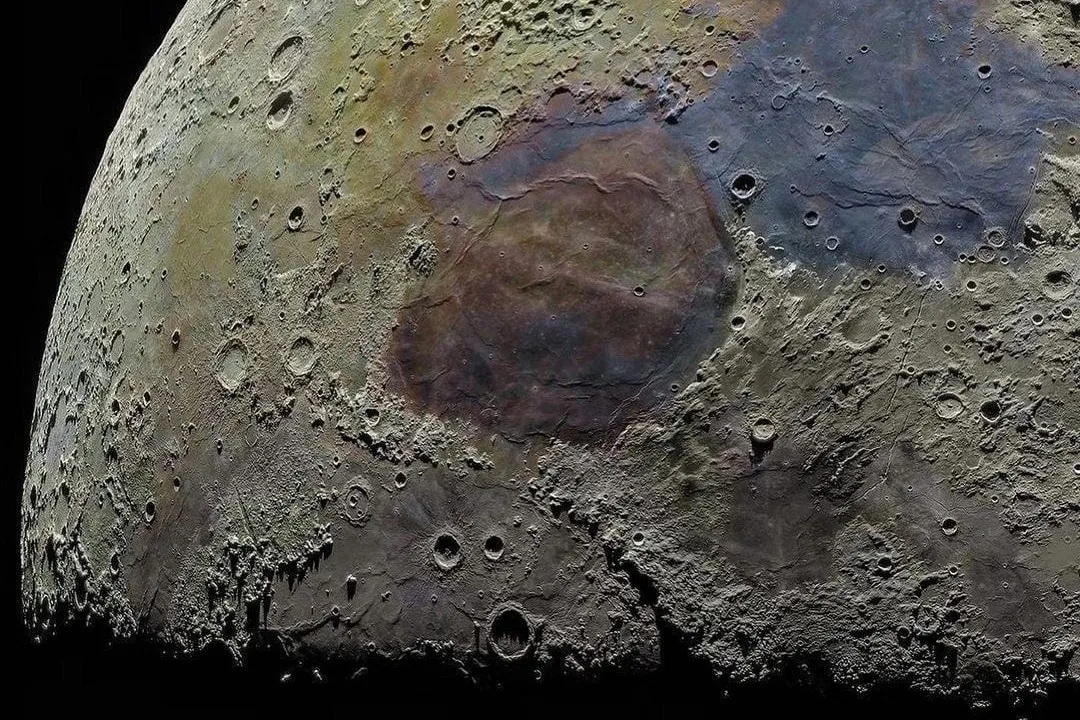Japan began releasing wastewater from the Fukushima Daiichi nuclear plant on Aug. 24, starting a process that will take place over many years. Some neighboring countries are concerned about radioactive fish, and are implementing additional testing of radiation levels on seafood.
International Atomic Energy Agency head Rafael Grossi wrote that Japan’s discharge “would have a negligible radiological impact on people and the environment,” in a July report. Regarding the release of tritium in particular, the discharge from the Fukushima plant would be a radiation level of 22 trillion becquerels, below that released from many nuclear plants around the world (Tricastin in France at 35, Darlington in Canada at 220).
The IAEA released a detailed report in May 2023 that concluded that the reported radionuclide contents of the water in the holding tanks was quite accurate, as determined by testing across several labs across the world.




